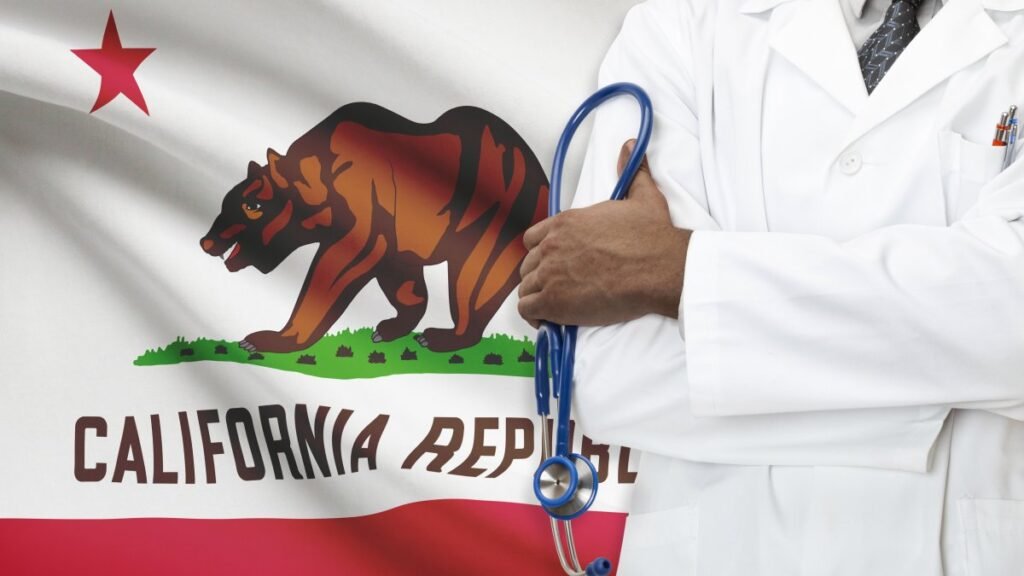Several new laws approved by Governor Newsom last month aim to expand access to health care services for Californians while holding health care providers accountable.
Accessibility to infertility treatment
Millions of Californians will have expanded access to IVF and other fertility treatments thanks to a new state mandate.
Under the new law, major insurance companies will be required to provide coverage for infertility treatment services, including infertility diagnosis and treatment and up to three egg retrievals with unlimited embryo transfers.
The law expands the definition of “infertility” to include the inability to reproduce as an individual or with a partner without medical intervention, impacting the LGBTQ+ community and same-sex couples who want to have children.
The law is expected to impact millions of Californians, with doctors saying it will make infertility treatment and IVF more affordable for many people and help more families. I expect to seek treatment.
This law will come into effect in July 2025.
Chemicals in tampons
California will ban the sale of tampons and other menstrual products containing potentially toxic chemicals.
Under this law, the intentional use of perfluoroalkyl and polyfluoroalkyl substances, also known as PFAS, in menstrual products would be prohibited.
The Agency for Toxic Substances Control must adopt these regulations by January 1, 2029. Manufacturers must also provide detailed product information and register with the agency by July 1, 2029.
The law imposes fines on manufacturers who violate the regulations. And all the money collected from the fines will be donated to the Tampon Law Fund.
Maternal mortality rate for black women
A new law aimed at reducing racial and ethnic disparities in health outcomes for mothers and children requires California health care facilities to conduct “evidence-based implicit bias training” for health care workers. It will be mandatory.
This builds on existing legislation that requires these trainings for health care providers involved in perinatal care.
However, the new law introduces several new enhancements, including requiring health care facilities to report compliance with training protocols to the state attorney general’s office and penalties for noncompliance.
Current health care providers must complete training by June 1, 2025. Meanwhile, new healthcare providers must complete their training within six months of their start date.
“When giving birth, individuals are encouraged to listen to their bodies and share that information with the health care professionals caring for them,” said Congresswoman Akira Weber, M.D., Ph.D. “Unfortunately, concerns about discomfort and pain are not taken as seriously during childbirth” by people of color, especially Black people.
alzheimer’s disease
A 12-piece bill was signed into law to help law enforcement, physicians, and health care providers better serve California’s growing number of adults with Alzheimer’s disease and their families.
Health care and law enforcement personnel will be required to receive training on how to interact with wanderers suffering from Alzheimer’s disease, autism, and dementia.
Additionally, health care professionals who primarily work with elderly patients will be required to take continuing education in geriatrics and dementia care.
One in four Californians is expected to be 60 or older by 2030, and the new law is expected to help transform aging services.
Increase in drug abuse facilities
California will expand the range of facilities that can treat people in temporary conservatorships for substance use disorders.
Currently, psychiatric health facilities provide 24-hour inpatient treatment for people with mental disorders.
Under the new law, mental health rehabilitation centers and psychiatric medical facilities can provide 24-hour inpatient treatment to people with severe substance use disorders.
Treatment centers will have more flexibility in managing their treatment slots, increasing the number of beds available for people with substance use disorders.
accessible prescription labels
Pharmacy dispensers are now required to provide accessible prescription drug labels upon request to patients they identify as visually impaired or have low vision.
These labels can be in the form of supplementary documentation using large font, Braille, or text-to-speech technology for the visually impaired.
The bill, sponsored by the California Council for the Blind, is based on recommendations released in 2013 by the U.S. Access Commission Working Group.
breast milk bank
The new law aims to allow more families to receive donor milk for their babies, regardless of their insurance.
If the parents are not producing breast milk or are not producing enough, pasteurized donor breast milk is the next best source of nutrition for infants who are below normal birth weight. The new law defines donor milk as mandatory under commercial insurance and brings it into compliance with Medi-Cal standards.
According to UC data, breast milk reduces some health risks for infants. Necrotizing enterocolitis is a life-threatening intestinal disease that occurs approximately 60% more frequently in black and Latino children.
Donor milk is collected from people who are breastfeeding and undergoing screening. Previously, hospitals needed a tissue bank license to provide donor milk to patients, but that barrier now shifts the licensing burden to already accredited milk banks, such as the University of California Health. I am. milk bank.
UC Riverside Health also recently opened a breast milk collection facility.

